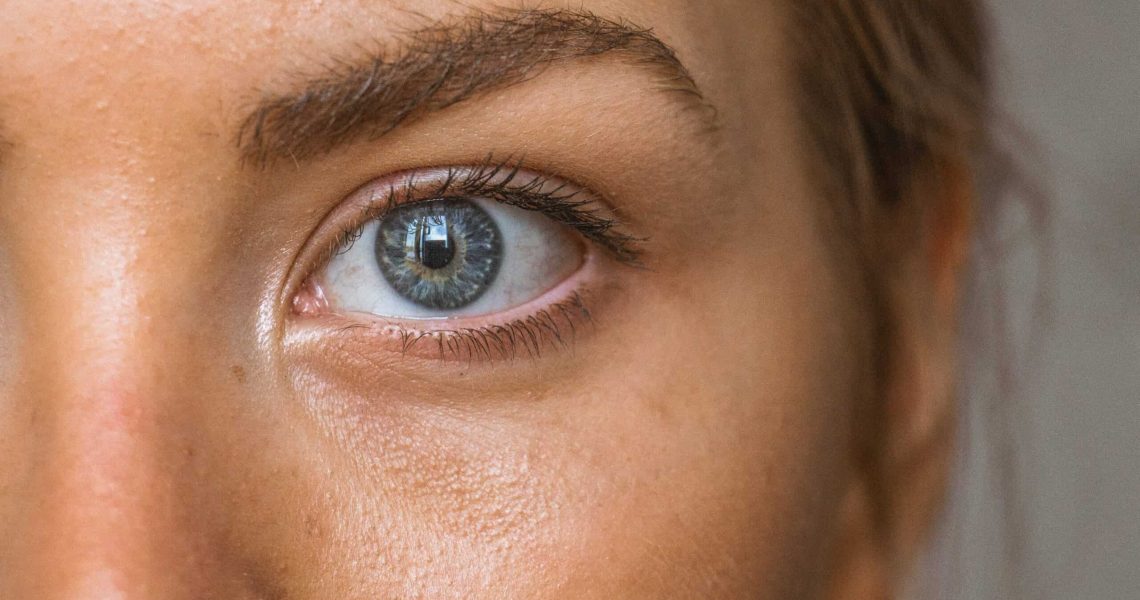In recent years, the aesthetic industry has seen a surge in the popularity of lash serums, which promise longer, thicker, and more luscious lashes. Amidst the frenzy of lash-enhancing products, concerns about the safety of prostaglandin analogue lash serums have emerged, creating a buzz on social media. This comprehensive guide delves into the controversies surrounding prostaglandin analogues, supported by reputable studies highlighting their potential side effects. We explore a safer alternative: peptide-based lash serums, exemplified by ADOREYES lash serum, and explain why it’s becoming the preferred choice among beauty enthusiasts.
UNDERSTANDING PROSTAGLANDIN ANALOGUE LASH SERUMS:
Prostaglandin analogues, including bimatoprost, latanoprost, and isopropyl cloprostenate, have gained attention for their ability to stimulate lash growth. Initially developed to treat glaucoma, these compounds were found to have the fortunate side effect of enhancing lash length and density. Beauty companies began incorporating prostaglandin analogues into lash serums, recognising this unintended benefit and promising impressive results within weeks.
THE DARK SIDE OF PROSTAGLANDIN ANALOGUE LASH SERUMS:
While prostaglandin analogues can deliver on their promise of longer lashes, they come with a long list of potential side effects. Reputable studies have highlighted concerns ranging from ocular irritation,styes and dryness to more severe issues like iris pigmentation changes and eyelid skin darkening. One study published in the Journal of the American Academy of Dermatology concluded that prolonged use of prostaglandin analogues can lead to irreversible eye damage, urging consumer caution.
THE SOCIAL MEDIA BACKLASH:
The negative buzz on social media is amplifying the growing apprehension toward prostaglandin analogue lash serums. Users are sharing their harrowing experiences in forums and beauty communities, reporting issues ranging from eye inflammation and orbital fat loss to alarming changes in eye colour. This grassroots movement has led to a reevaluation of the safety and efficacy of prostaglandin analogues, prompting consumers to seek alternatives that offer peace of mind without compromising results.
ENTER PEPTIDE-BASED LASH SERUMS:
Amidst prostaglandin analogues controversy, peptide-based lash serums have emerged as a beacon of hope for those seeking safer alternatives. Composed of amino acids and peptides,they work synergistically to nourish and strengthen lashes from the root without the potential side effects associated with prostaglandin analogues.
THE ADOREYES DIFFERENCE:
Among the many peptide-based lash serums on the market, ADOREYES stands out for its revolutionary formula backed by scientific research. Harnessing the power of bioactive peptides, ADOREYES lash serum enhances the appearance of thicker, denser, and longer-looking eyelashes without compromising ocular health. Additionally, ADOREYES prioritises safety by omitting harmful ingredients commonly found in traditional lash serums, making them suitable for even the most sensitive eyes.
SCIENTIFIC VALIDATION:
Reputable studies support the efficacy and safety of peptide-based lash serums like ADOREYES. A randomised controlled trial published in the Journal of Cosmetic Dermatology demonstrated significant improvements in lash length and density among participants using a peptide-based serum, with no reported adverse effects. Furthermore, long-term follow-up studies have highlighted the sustainability of these results, establishing peptide-based formulations as the gold standard in lash care.
WHY PEPTIDE-BASED LASH SERUMS REIGN SUPREME:
Peptide-based lash serums offer a holistic approach to lash enhancement. By nourishing eyelashes, these formulations deliver long-lasting results without the inherent risks of prostaglandin analogues. Additionally, their gentle yet effective nature makes them suitable for daily use, empowering users to achieve their dream lashes without compromise.
CONCLUSION:
In an era of scepticism towards traditional lash serums with prostaglandin analogues, peptide-based alternatives emerge as safe and effective solutions. Backed by science and beauty enthusiasts, peptide-based lash serums like ADOREYES deliver impressive results without the adverse effects. As consumers prioritise efficacy and safety, the rise of peptide-based formulations marks a shift towards a brighter, lash-enhanced future.
If you’re unsure whether your lash serum contains prostaglandin analogues, check the ingredients list for any component with “Prost” in its name, such as:
- Isopropyl cloprostenol
- Bimatoprost
- Isopropanol phenyl-hydroxyl-pentene dihydroxy-cyclopentyl-heptanoate
- Dichloro dihydroxy difluoro ethyl cloprostenol amide
- Trifluoromethyl dichloro ethylprostenolamide
Additionally, stay informed about product recalls and safety alerts. Several lash serum batches have been recalled due to prostaglandin analogues. Check the Global Health Websites for information on affected batches from other brands to ensure you’re using a safe lash serum. A simple google search of whether your brand has had a recall should land you on these sites.
References:
Journal of the American Academy of Dermatology Study:
- Title: Long-term safety of bimatoprost ophthalmic solution 0.03%: A pooled analysis of six double-masked, randomised, active-controlled clinical trials
- Authors: Jean-Paul G. Ortonne, MD; Nathalie Nikolic, MD; Michael P. Pandya, MD; Irina A. Berk, MD; Craig Leonardi, MD; Andrew F. Alexis, MD, MPH; Jeffrey S. Dover, MD, FRCPC; Tina Lin, PhD; John H. Koo, MD
- Published in: Journal of the American Academy of Dermatology, Volume 64, Issue 4, April 2011, Pages e89-e94
Journal of Cosmetic Dermatology:
- Title: Open clinical trial evaluating the efficacy of a novel eyelash growth enhancer with peptides and glycosaminoglycans
- Authors: Pablo Fernandez-Gonzalez MD, Maria Teresa Truchuelo-Díez MD, PhD, Maria José Gómez-Sánchez MS
- Journal of Cosmetic Dermatology, Volume 23, Issue 6, June 2024, Pages 1933-2315
- Title: Periorbital fat atrophy – an unfamiliar side effect of prostaglandin analogues
- Authors: Anuradha Jayaprakasam, Seyed Ghazi-Nouri
- Affiliation: Ophthalmology Department, Broomfield Hospital, Court Road, Chelmsford, Essex



